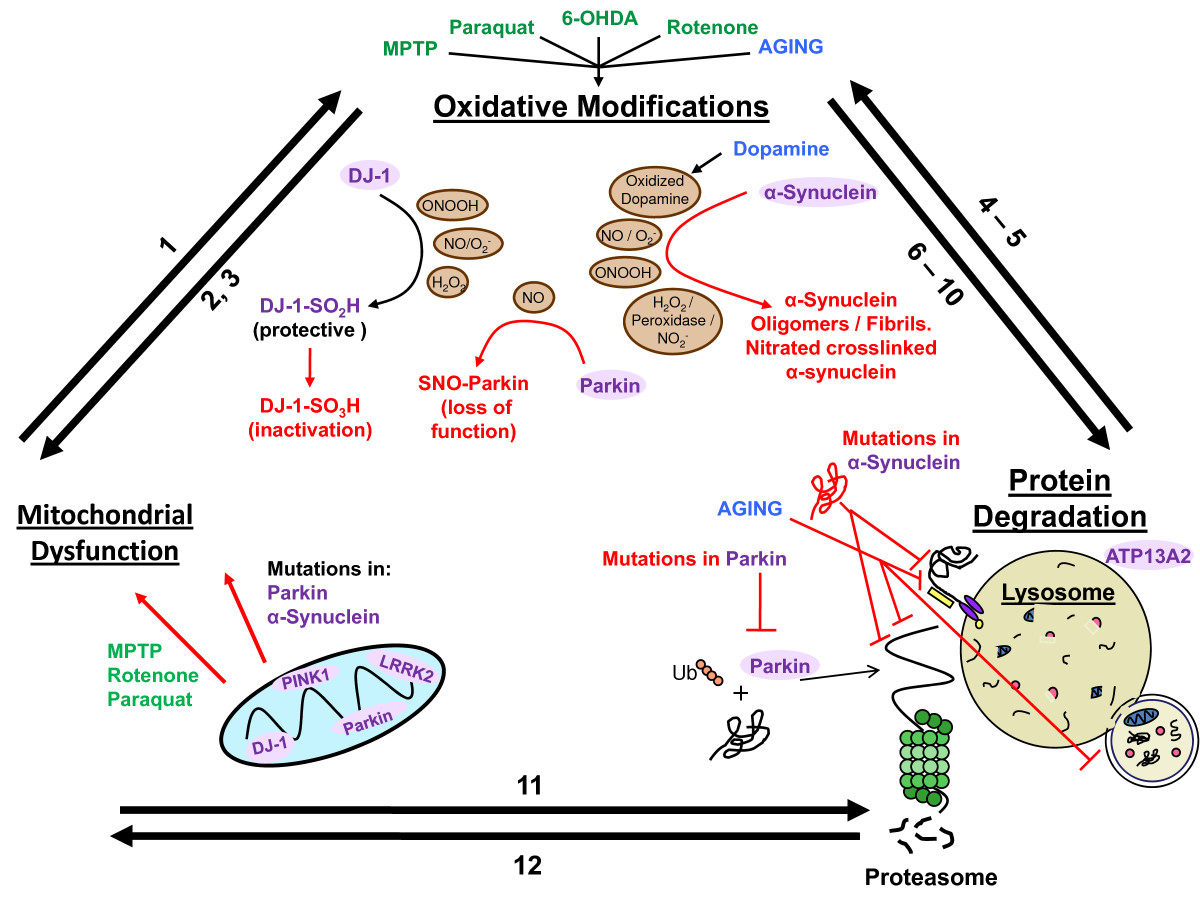
Dopamine
Dopamine (abbreviated as DA) belongs to the group of cateholamines and it is one of neurotransmitters in the brain. DA is a precursor of adrenaline and noradrenaline.
Dopamine has many different roles in human organism, including:
Behavior in generalAddictive behaviorLearning Memory Sleeping Movement Motivation, pleasure, reward or punishmentProlactin inhibitionDopamine Deficiency
Deficiency of dopamine is known to be responsible for Parkinson’s disease. Patients suffering from this condition have problems with the movement and speech. This chronic and progressive disease causes tremor, muscle strictness, slow movements and sometimes even complete loss of movement. Speech problems occur in later stages of the disease and are associated with the impaired memory and learning skills.
Patients diagnosed with the lack of DA often experience sleeping problems. In some cases, lack of dopamine may cause excess sleep.
Dopamine deficiency might be characterized by the development of addiction to various stimulants, coffee being one of the relatively harmless ones.
People diagnosed with lack of dopamine are often overweight, with low blood pressure (hypotension) and dehydration. Hypotension may occur in the morning, when the patient tries to get up from the bed and leads to dizziness. Another symptom connected to the dopamine deficiency is low blood sugar level.
Many of the patients with lack of dopamine experience sexual problems (impotence, low libido), depression, suicidal ideas, motivation problems and incapacity to feel the pleasure in anything.
Treatment for Dopamine Deficiency
Dopamine levels can be established with basic urine test or dopamine deficiency test. Always make sure to consult your doctor about the possible treatment and potential side effects of the used drugs.
Diagnosed severe DA deficiency can be treated with dihydroxyphenylserine (DOPS). This medication will resolve the dizziness and increase blood pressure. The recommended dose can vary from 100 to 500mg, and is usually taken 2 or 3 times a day.
Fludrocortisone and Indomethacin are the medications used if DOPS doesn’t help the patient. These drugs will also increase the blood pressure.
Patients treated with these medications might develop kidney problems over the years of treatment. Therefore, it is advisable to check the function of the kidneys at least once every 5 years.
Dopamine levels might be controlled with a healthy diet and lifestyle. Specialists suggest avoiding alcohol, caffeine and sugar. Cholesterol and saturated fat are also the food which shouldn’t be used in larger amounts.
The recommended foods are fruits, vegetables and other anti-oxidant foods. Additional supplements of vitamins C and E may be prescribed.
Bananas, almonds, avocados, dairy products, pumpkin and sesame seeds and lima beans are rich in tyrosine. This amino acid is helpful for people suffering from dopamine deficiency, since it increases the level of dopamine in the body.


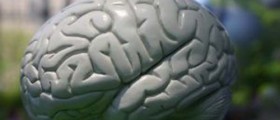


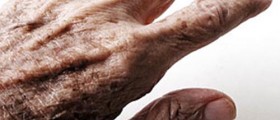
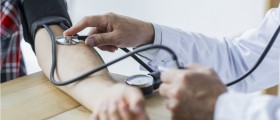
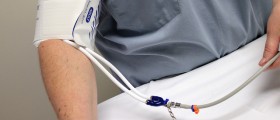




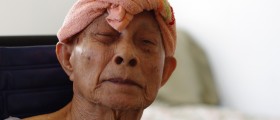




Your thoughts on this
Loading...